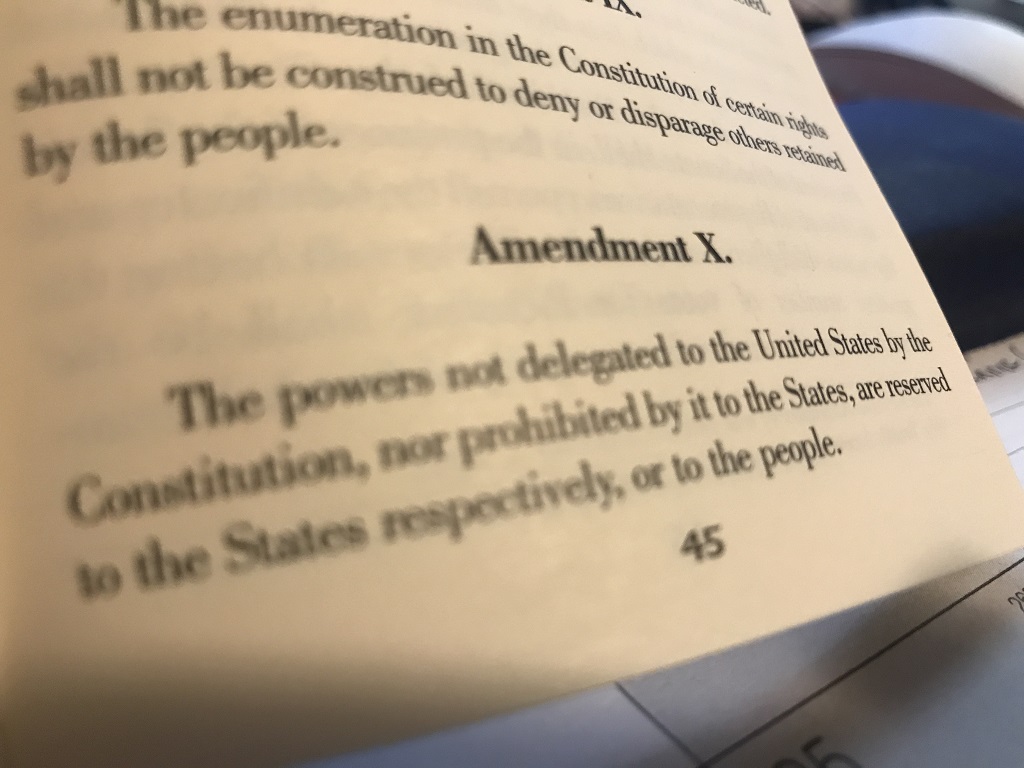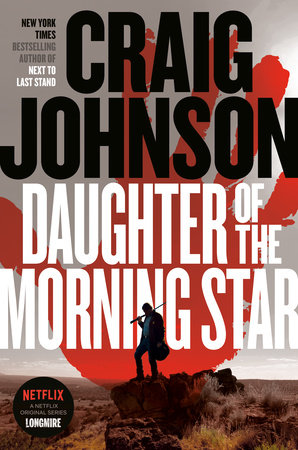
Dear Bunky,
Wow, I really did not see that coming, although I guess I should have — we all should have. All those senior citizens who’d spent their lives stealing from common folk so they could establish their hippie utopia but we weren’t having none of it, I guess they figured now that they were pushing 80 (and some of them plowing right past) they were running out of chances to pull the proverbial trigger.
I just never figured they’d start rounding us up for no other reason than telling them, “No, thank you, sir or ma’am,” but here I am, getting off the school bus at an undisclosed location. Looks sort of like summer camp only with chain link and barbed wire between us and the woods. It’s kind of pretty, though, in a “WTF is this all about” sort of way.
I guess this is where I belong anyway. I mean, what did Thoreau say, “Under a government which imprisons unjustly, the true place for a just man is also a prison,” right? I’d like to think I was a just man, willing and able to live and let live, and if someone has a different way of living or believing, I’m happy as a clam to leave him be if he’s content to let me and mine be.
That’s not how the angry old folks see it, though, nope, not a whit. The only place for dissent in their way of looking is behind bars or at least chain link. So here I am.
It doesn’t seem to be too bad here, though, I mean it’s like a summer camp with bunk beds, not a concentration camp. Supper was actually pretty tasty, and we had a nice conversation around the table about the weather and Sunday’s game, and we were allowed to agree that the refs could have used a new prescription for their eyeglasses.
We have a lot of guest speakers who talk some rubbish about how cool the old folks’ plans for the country are, and how we should study harder because we’d understand better if we would just, well, concentrate. So I guess maybe it’s a concentration camp after all, huh, Bunky? LOL — I just kill me sometimes.
Anyway, there’s a nice little pond here and they let us out to swim for an hour if we want between classes, and yeah, I suppose it’s not too bad if you don’t mind not being able to leave, although I have to admit I do kind of mind. Maybe I’ll get used to it; they say you can get used to anything.
I think I’d rather be here knowing I’m a prisoner than out there thinking I’m free, you know? At least they’re honest about it here.






